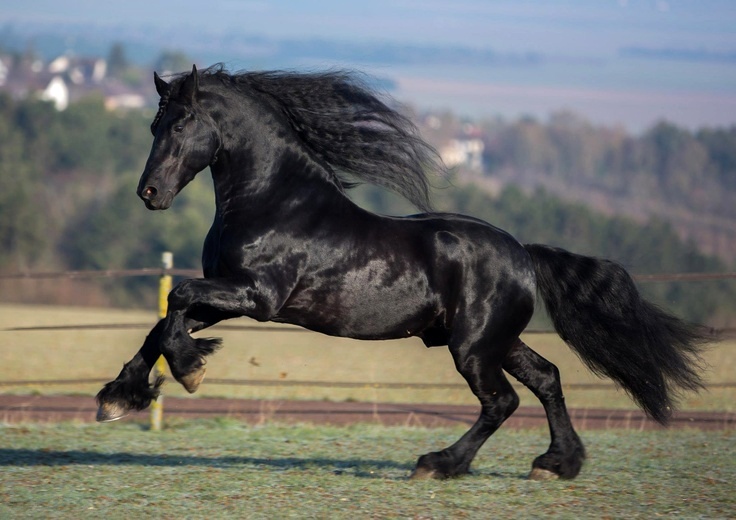Horse bloodlines are an important part of any horse’s history. Knowing the bloodlines of your horse can help you understand its lineage and its potential for success in the show ring or on the track. But how do you go about researching a horse’s bloodlines? In this comprehensive guide, we’ll provide you with all the information you need to get started researching horse bloodlines.
I. What Are Horse Bloodlines?
A horse’s bloodlines are the pedigree of a horse, tracing its lineage back to its ancestors. This information can be important in determining the potential of a horse for racing, show jumping, and other equestrian sports. It can also give you insight into the horse’s temperament, behavior, and overall health.
II. Where Can I Find Information About the Bloodlines of a Horse?
One of the best places to find information about the bloodlines of a horse is the Jockey Club. The Jockey Club is the official registry for horse racing in the United States and Canada. They provide detailed information about the sire and dam of a horse, as well as its siblings, if any.
In addition to the Jockey Club, there are also other sources of information about a horse’s bloodlines. These include websites such as Blood-Horse, Equineline, and The Horsemen’s Information Center. These websites provide detailed information about a horse’s pedigree, racing records, and other information.
III. How Can I Access the Information I Need?
Once you’ve identified the sources of information about a horse’s bloodlines, you’ll need to access the information. This can be done through the Jockey Club’s website, as well as other websites. You can also access the information through books, publications, and other sources.
In addition, some breeders may be willing to provide you with information about a horse’s bloodlines. This can be particularly useful if you’re looking for more detailed information about a specific horse. However, you should always be sure to verify the information with other sources, such as the Jockey Club.
IV. What Information Should I Look For?
When researching the bloodlines of a horse, you should look for the sire and dam of the horse, as well as its siblings, if any. Additionally, you should look for information about the horse’s performance in racing and other equestrian sports. You should also look for information about the horse’s health and any medical issues it may have.
V. What Should I Do With the Information I Find?
Once you’ve gathered the information you need about a horse’s bloodlines, you should analyze it to determine the horse’s potential for success in the show ring or on the track. You should also use the information to assess the horse’s health and behavior.
VI. What Resources Are Available to Help Me Research a Horse’s Bloodlines?
There are a number of resources available to help you research a horse’s bloodlines. These include websites such as Blood-Horse, Equineline, and The Horsemen’s Information Center. Additionally, there are books, magazines, and other publications that provide detailed information about horse bloodlines.
VII. How Can I Connect With Other Horse Owners?
Connecting with other horse owners is a great way to learn more about the bloodlines of a horse. There are a number of online forums and social media groups dedicated to horse owners. Additionally, many horse shows and other equestrian events provide an opportunity to meet other horse owners and discuss horse bloodlines.
VIII. How Can I Evaluate a Horse’s Bloodlines?
Once you’ve gathered the information about a horse’s bloodlines, you can evaluate it to determine the horse’s potential for success in the show ring or on the track. You should also use the information to assess the horse’s health and behavior. Additionally, you can use the information to compare the horse to its siblings and other horses in its bloodline.
IX. What Is a “Good” Bloodline?
There is no definitive answer to this question as it depends on the individual horse and its intended use. However, in general, a “good” bloodline is one that is consistent with good performance in racing or other equestrian sports, as well as good health and behavior.
X. Conclusion
Researching the bloodlines of a horse can be a daunting task, but it is essential if you want to understand the potential of a horse and make an informed decision about its purchase. By utilizing the resources available to you, such as the Jockey Club and other websites, you can get the information you need to evaluate a horse’s bloodlines. Additionally, connecting with other horse owners and attending horse shows and other events can help you gain insight into the horse’s bloodlines and assess its potential for success.

